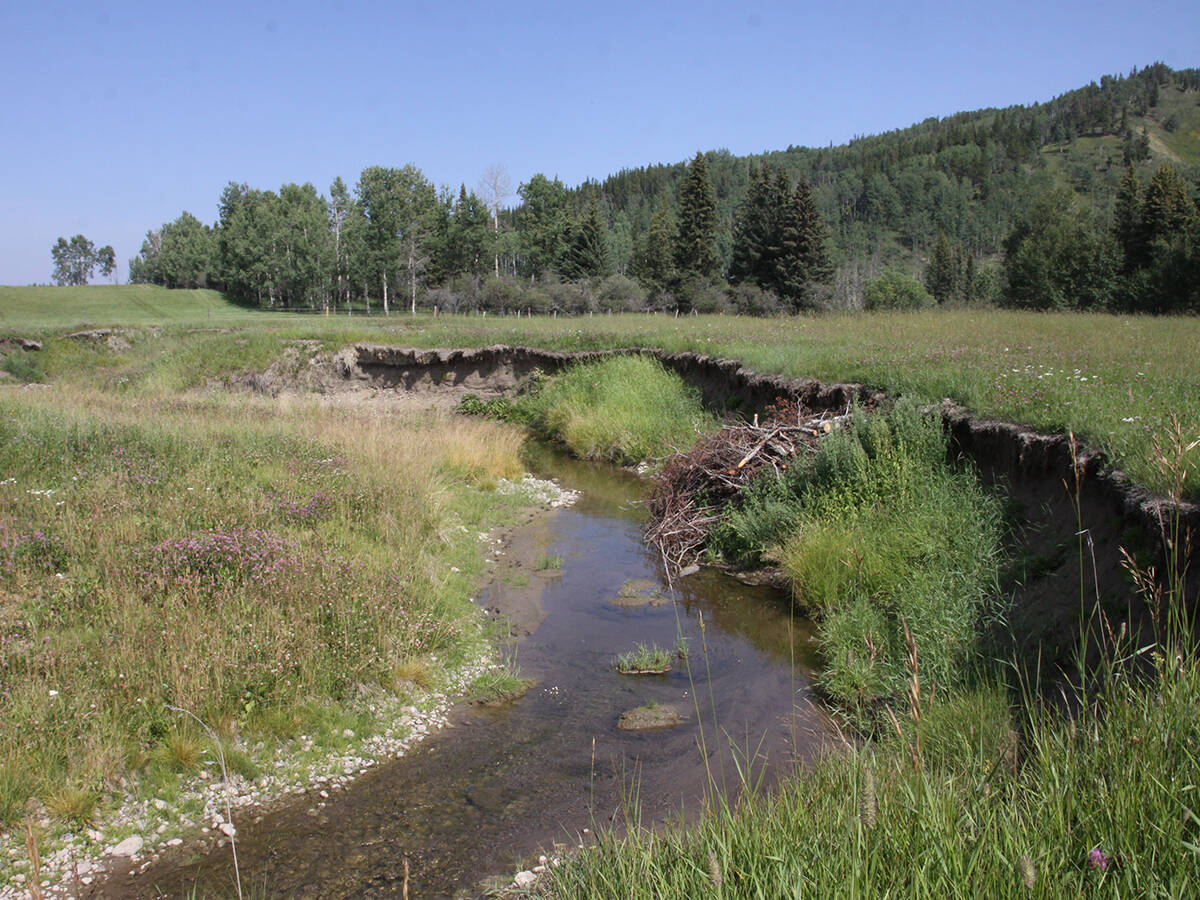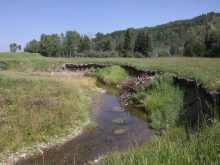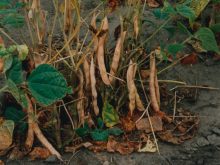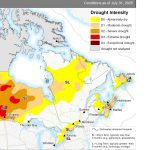PENHOLD, Alta. – Jim Chatenay may be the odd man out when discussing the Estey report at the Canadian Wheat Board’s directors’ table, but in central Alberta he’s got plenty of company.
The majority of farmers who attended a Penhold, Alta., gathering favored adopting recommendations in the grain transportation review conducted by former Supreme Court justice Willard Estey.
“The wheat board has had 60 years to get this right and they haven’t,” said one of about 30 farmers who attended the Feb.18 meeting to discuss recommendations from the report.
Read Also

Alberta eases water access for riparian restoration
Alberta government removes requirement for temporary diversion licence to water plants up to 100 cubic metres per day for smaller riparian restoration projects
Chatenay, elected last fall to represent district two in central Alberta, is the only farmer-elected CWB director who openly embraces recommendations in the report, which call for an end to the CWB’s transportation role and suggest a more commercial, deregulated system.
“I’m the biggest mandate for change they (CWB) have ever seen,” said Chatenay before addressing the farmers.
He told his audience the report should be implemented as soon as possible and criticized the board for not getting enough producer feedback before responding to it.
Like Chatenay, Terry Young, who farms east of Red Deer, Alta., doesn’t think the board should have a role in grain transportation.
“Look at our present system now. It’s so inefficient and it’s the CWB that’s had a hand in it.”
He and others at the two-hour meeting complained of lack of competition in the rail industry, high transportation costs, demurrage they think farmers shouldn’t have to pay and inefficient storage systems as grain makes its way to port.
As well, some farmers think the CWB came out with its negative stance on the report too quickly and should be co-operating more with other industry players.
“This meeting should have been the starting point,” said Jack Gorr, who farms near Three Hills, Alta.
Patty Rosher, CWB transportation policy adviser, said the board’s response to the report is merely the first step. The CWB’s board of directors will cement its own stance and then start dealing with industry, she said.
“I think there’s a feeling out there that we’re not willing to negotiate and I just want to say that’s not true,” she said, adding the directors weren’t in a position to deal behind closed doors without first getting input from producers and government ministers.
Rosher said Estey’s report is contradictory in places and worrisome in others. She feels the suggestion to eliminate the price cap on grain freight charges is dangerous and doesn’t think the report as a whole would result in less expensive transportation.
“There are so many limitations on the ability for one railway to get access to another railway’s line under his recommendations that that ideal free market system won’t happen,” she said, referring to his suggestion of joint running rights that would see railways share lines.
After she spoke, a casual show of hands revealed the majority of farmers at the meeting would rather buy into Estey’s package. Although they feel it needs to be fine-tuned, they want to accept it as a starting point.
With only six weeks on the board, it’s too early to tell if Chatenay will have an impact. So far he senses his views make the board uncomfortable, but he feels the other directors respect him.
“I for one appreciate the flexibility the board has because I will put it to the test many times during my two-year term.”
















